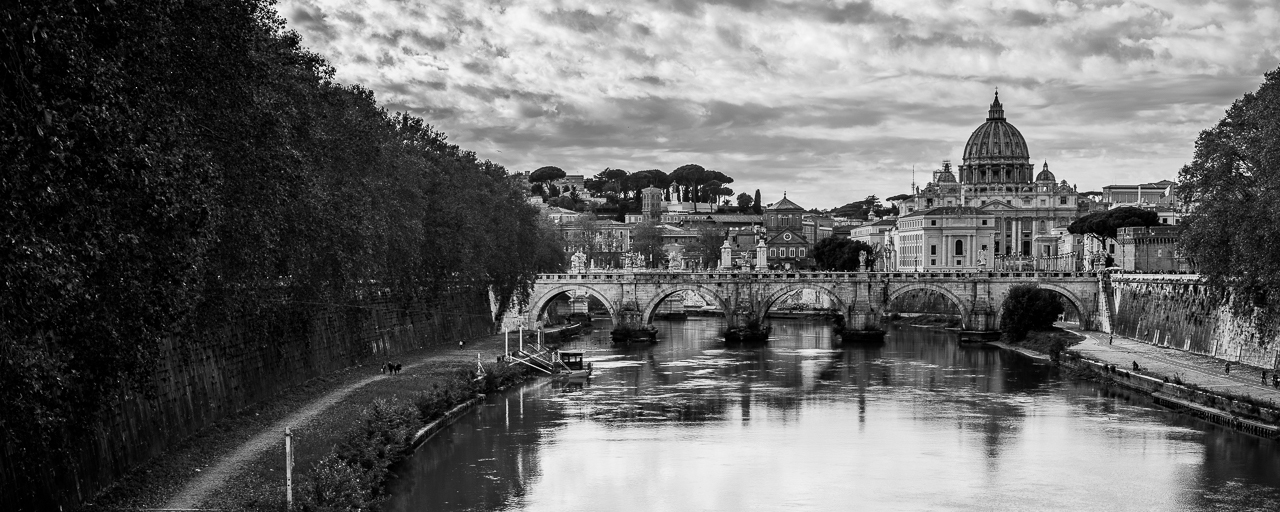Speaker
Description
Resistive Plate Chambers are the gaseous detectors having gas as a sensitive medium for the detection of charged particles. Glass based resistive plate chambers of size 2m X 2m operated in avalanche mode will be used as an active detector element at INO-ICAL experiment. To fulfil the physics goal, about 29,000 RPCs will be used for 20 long years. A large amount of gas mixture is to be circulated inside the RPC during active operation of the ICAL detector, so a proper leak test will help minimize leakage of gas which will reduce operating costs and atmospheric air pollution. A quantitative leak test is performed for RPC by monitoring the absolute pressures, both outside and inside of the RPC, along with the temperature to estimate the leakage rate. The quality and purity of the gas also play a vital role in the stable operation of RPC detectors over the projected lifetime of the experiment. The presence of impurities in a gas mixture contribute toward the degradation of detector performance. The various materials like glues, buttons spacers, frames, etc. used in the construction of the chamber may cause outgassing and contaminate the input gas mixture as a result. We have performed the very first study to estimate the outgassing due to various materials used in the construction of INO RPCs. The present study includes the results obtained from gas chromatography showing the generation of impurities and dangerous radicals produced due to outgassing when RPC was operated in the cosmic stand. The study also includes a test of purity and effectiveness of the gas mixing system.

